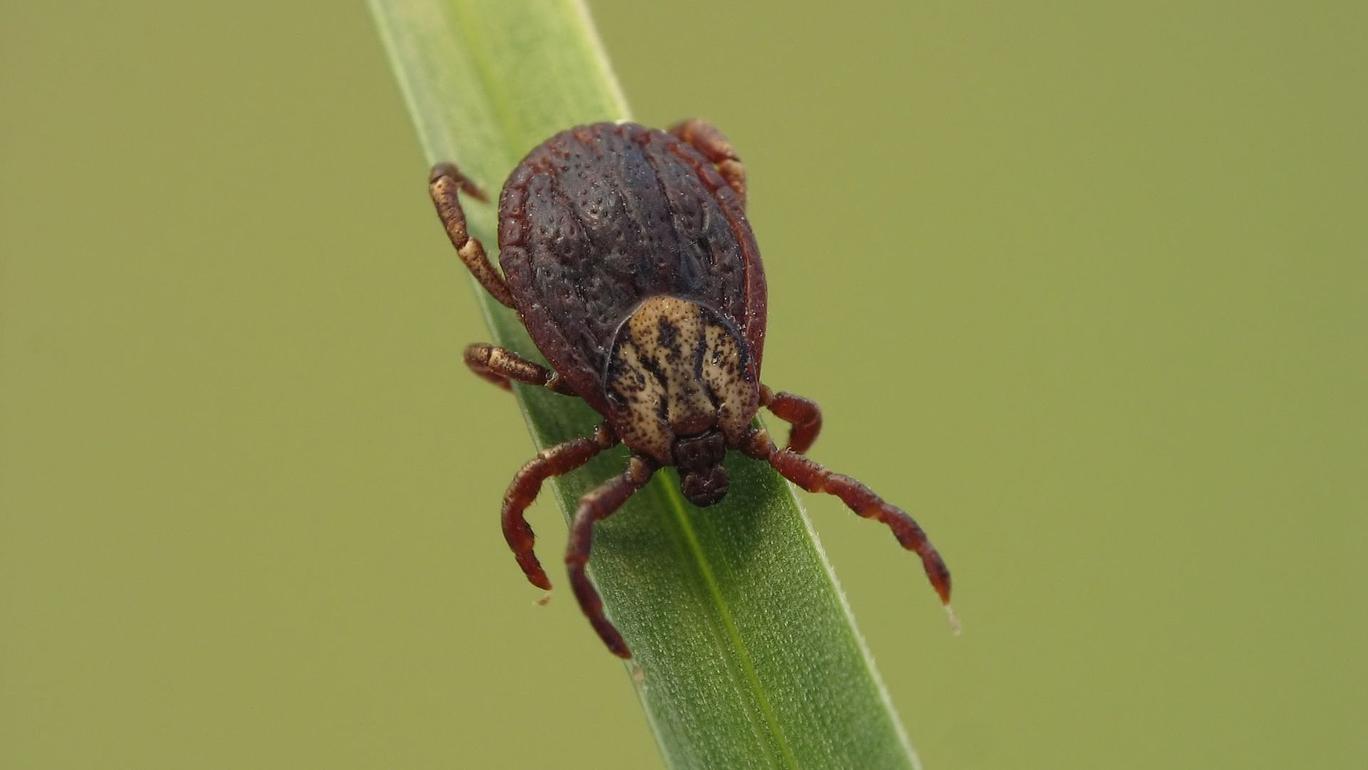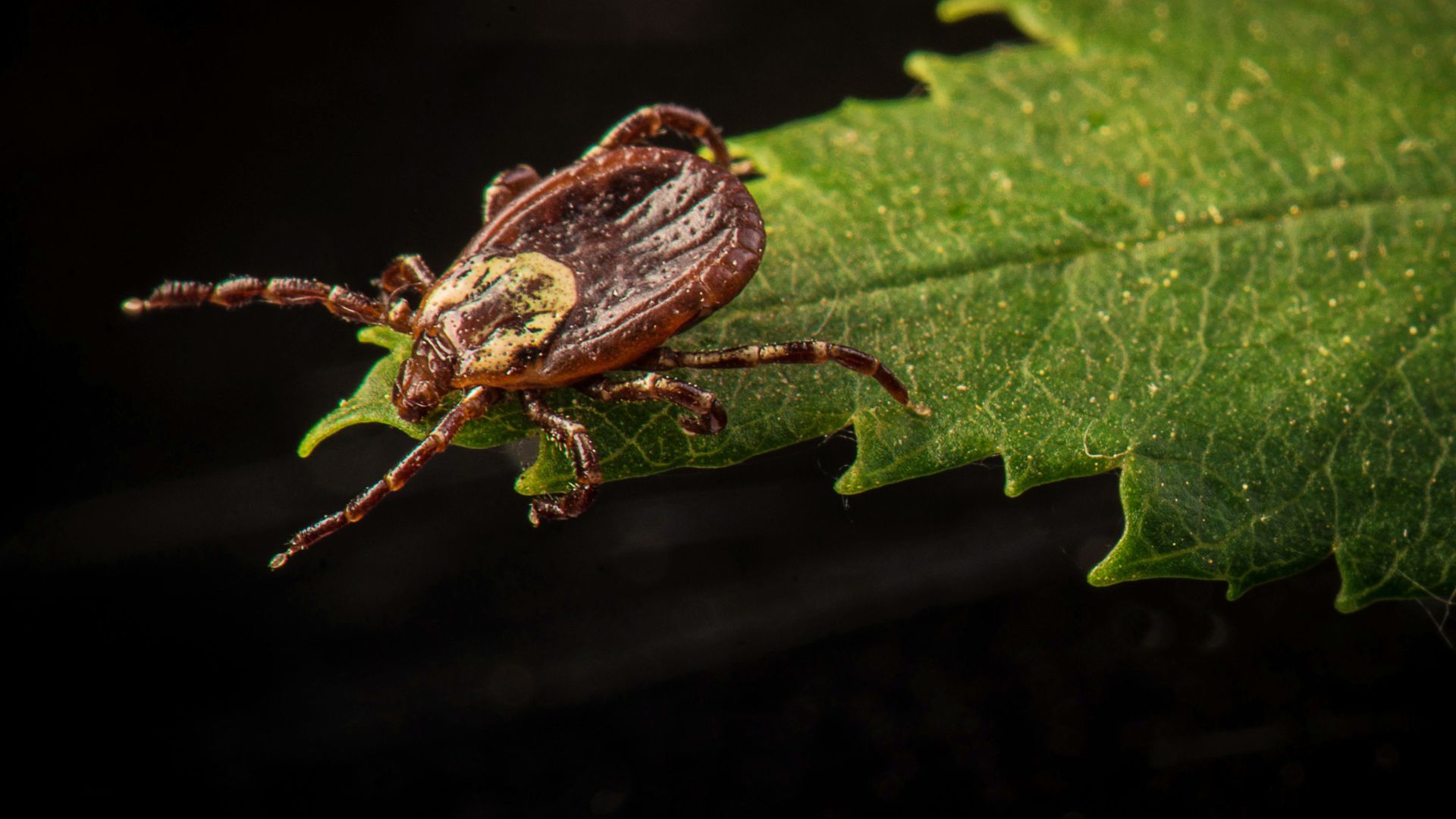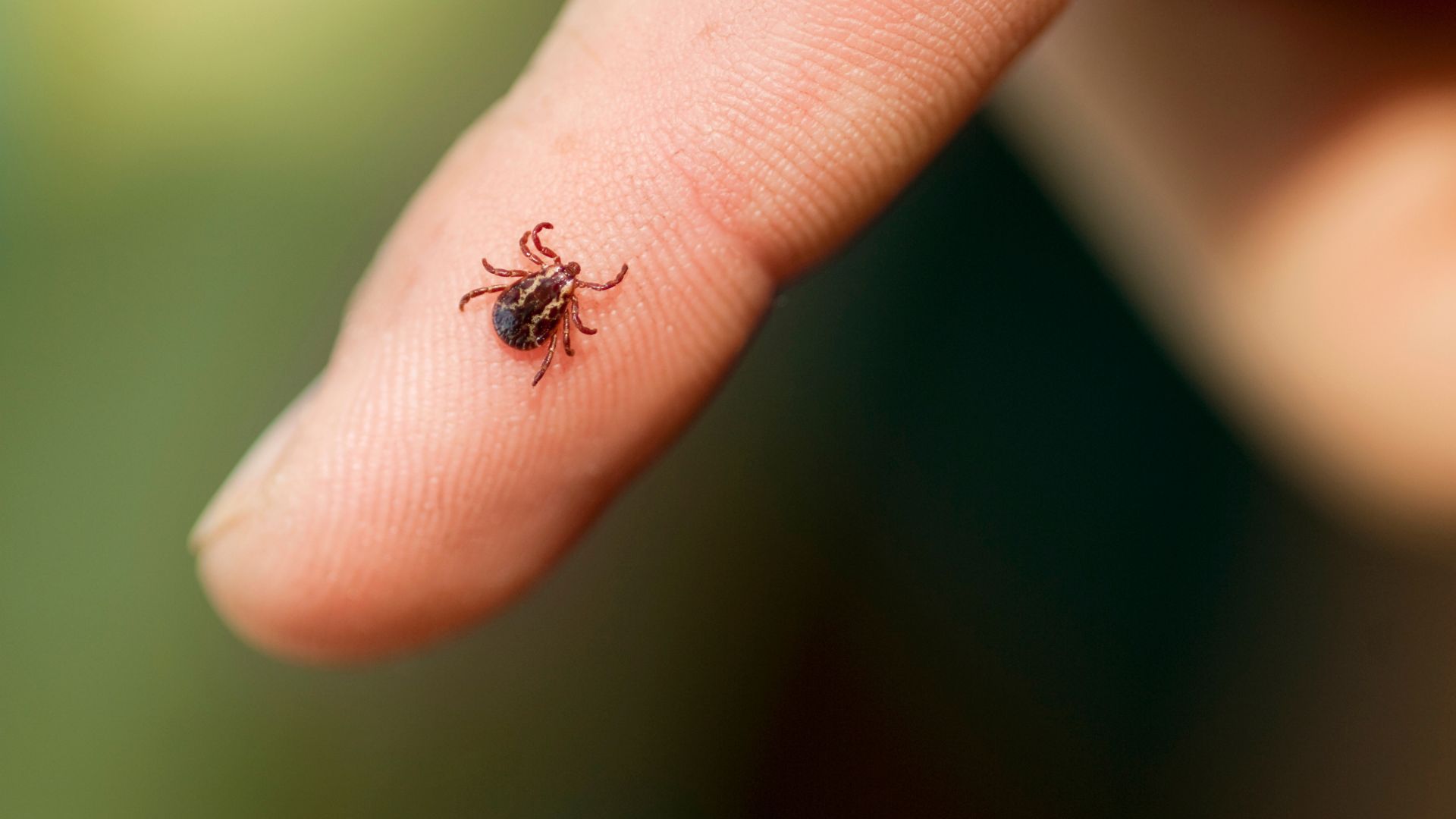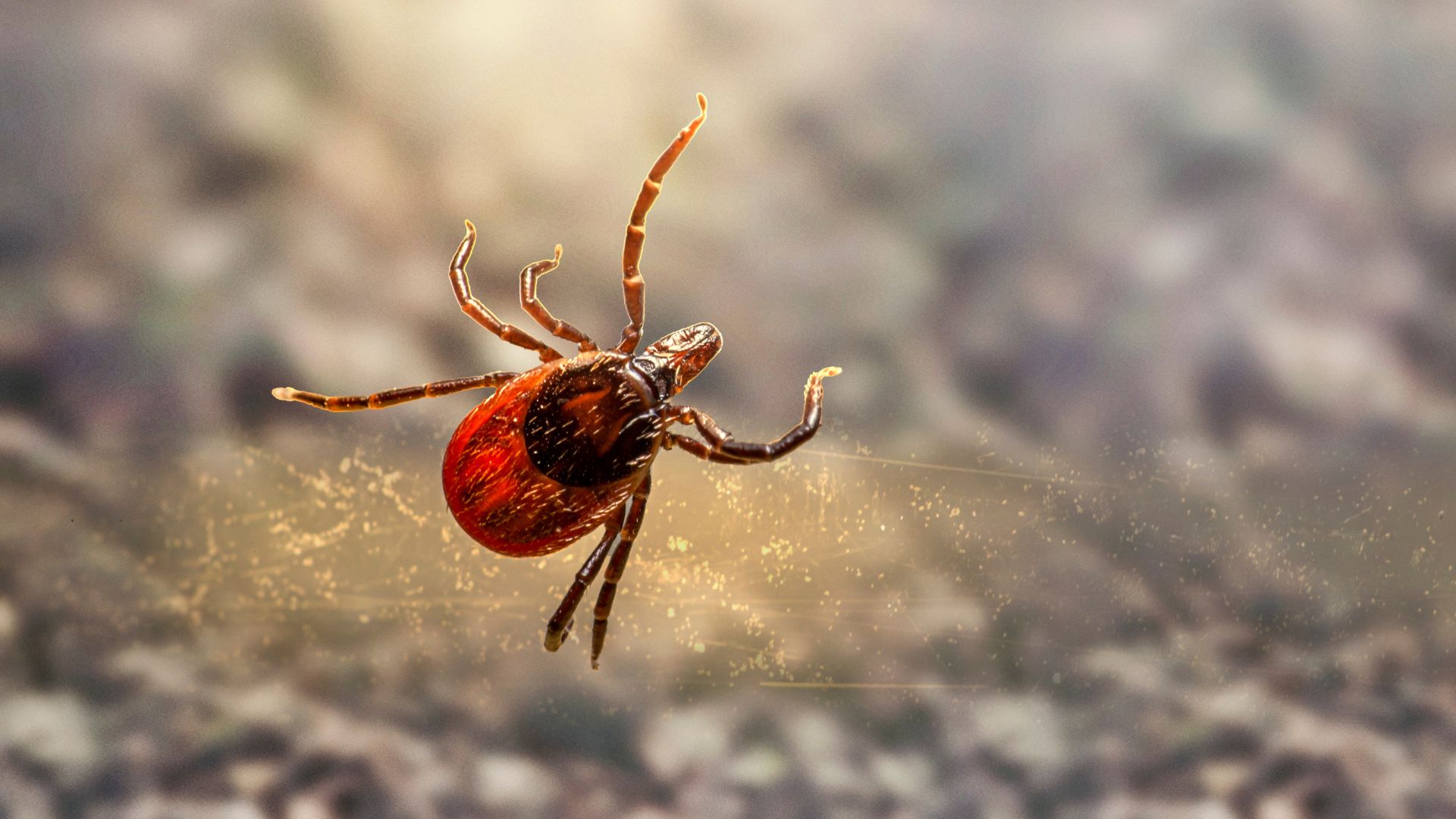Babesiosis can cause life-threatening symptoms in humans.
You can spend a long time outdoors. But, when you’re in an area with ticks, there’s the risk that you’ll come into contact with some that carry babesiosis. If one of these ticks bites you, you can get infected with babesiosis. At this point, you might not experience any symptoms right away. In the weeks and months to come, you can experience fatigue, nausea, and other symptoms. In the worst-case scenario, Babesiosis can put your life in danger.

What tick passes babesiosis?
Blacklegged or deer ticks carry babesiosis. These ticks are commonly found in the Northeast portion of the United States. They are often in wooded areas and fields, along with secluded or rural areas. Deer ticks are very small — they reach the size of a poppy seed as adults. Regardless, a blacklegged tick can bite you and infect you with babesiosis at any time. If left unaddressed, your tick bite can cause long-lasting health issues.
Can pets be infected with babesiosis?
Along with people, pets can be infected with babesiosis. For example, a tick carrying babesiosis can climb onto a dog without the animal realizing it. From here, the tick can bite the dog and infect the animal with babesiosis. The tick can continue to feed on the animal for a long time. As it does, the dog may start to have a reduced appetite, show signs of fatigue and lethargy, and display other symptoms of illness. At this point, the pet owner should bring their dog to the veterinarian. Then, the vet can perform testing to determine if the animal is dealing with babesisos and treat it properly.
What is the best way to treat babesiosis?
If you are asymptomatic, you may not require treatment for babesisosis. On the other hand, if you display symptoms of babesisosis, go to a doctor. When you do, your doctor can evaluate your symptoms and determine if they are related to babesisosis. In many instances, a doctor will prescribe you will need to take over the course of seven to 10 days. Follow the doctor’s instructions to manage your babesisosis symptoms. If your symptoms worsen or you experience any health issues as you treat your babesisosis, notify your doctor immediately.
Are there tick control options to protect against babesiosis?
The best things you can do to guard against babesisos include avoiding areas where ticks are present and taking precautions during outdoor activities. For example, rather than walk or hike in a wooded area where you may encounter deer ticks, choose another spot where ticks are less likely to be present. Meanwhile, you can wear long-sleeved shirts and pants in any areas where you may find ticks. You can also check yourself regularly for ticks.
What are the tick control options for your home?
A tick control company can help you keep ticks away from your home. The company can send technicians to your home to find out where ticks populate. These technicians can perform a treatment to reduce the tick population. Finally, they can complete regular tick control treatments to help you manage the tick population at your home now and in the future.
Also read: What is a tick control tube?


